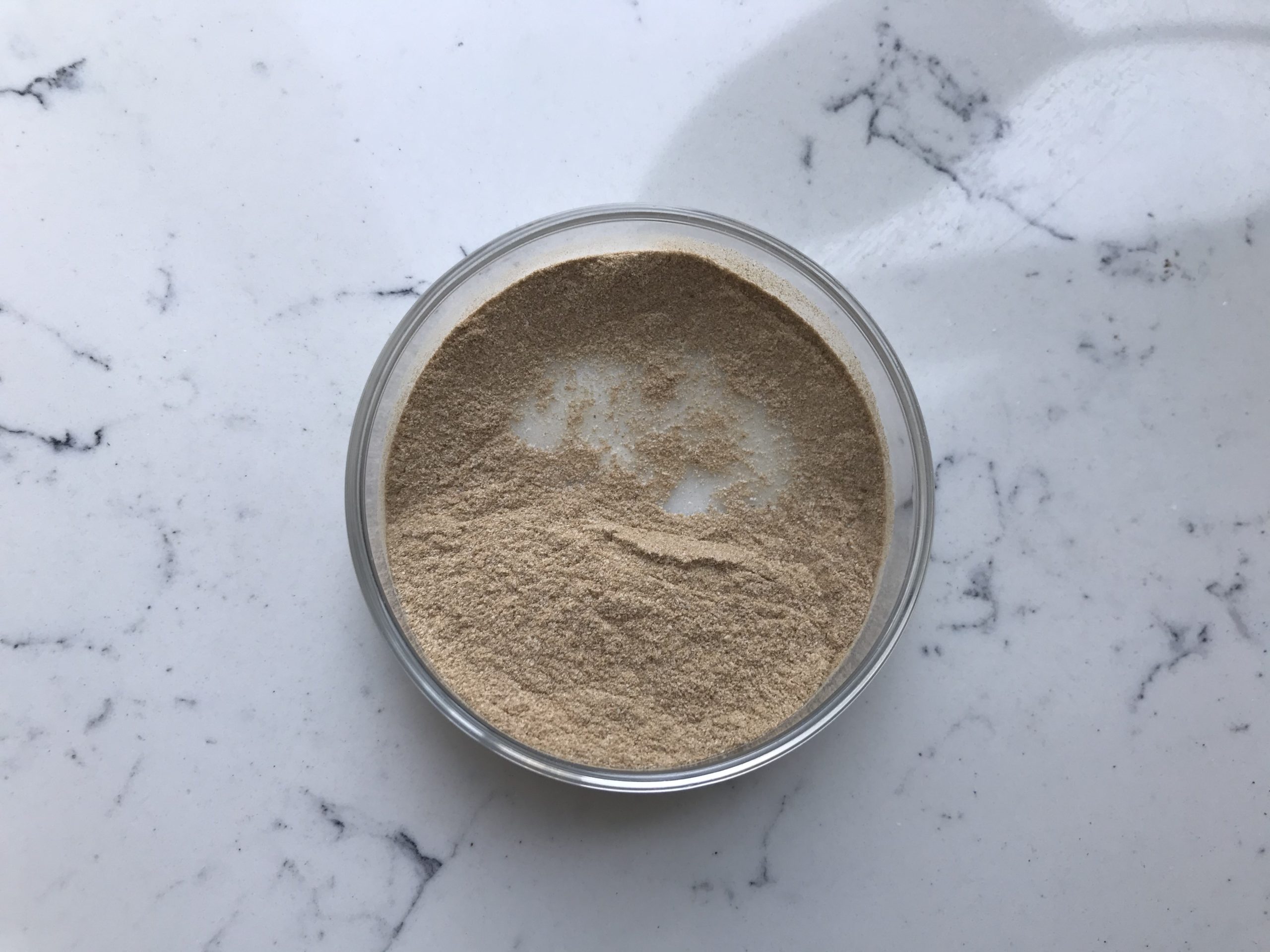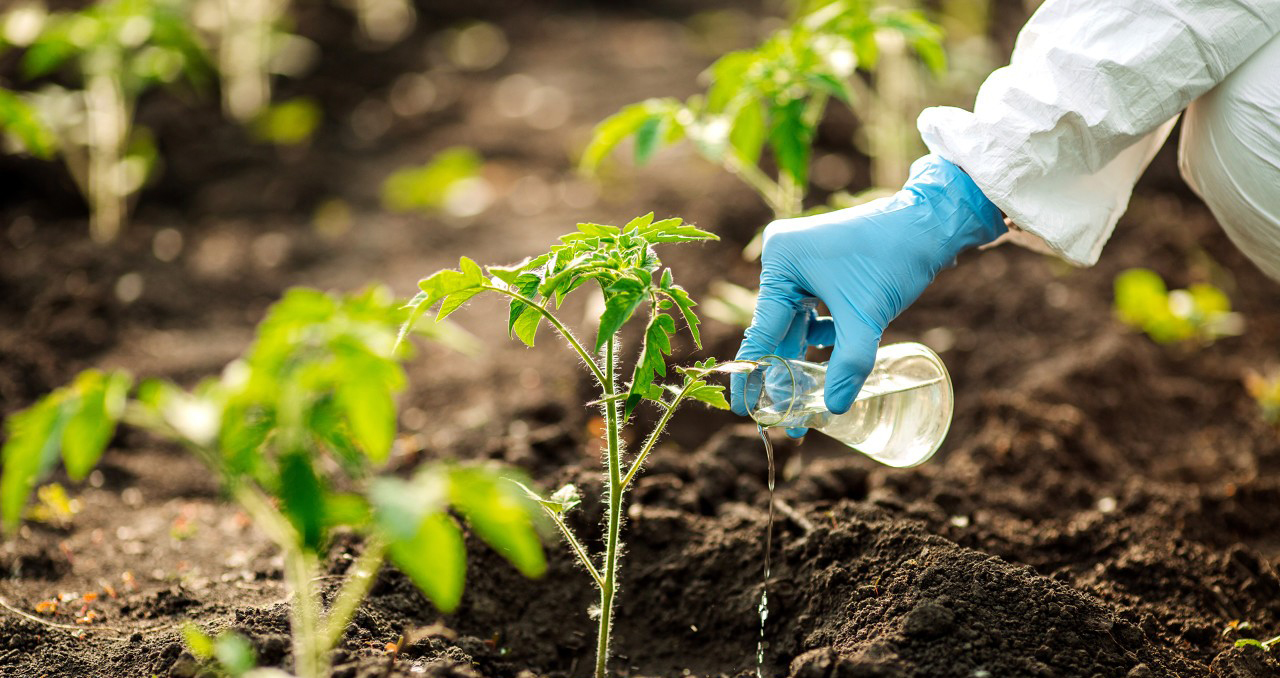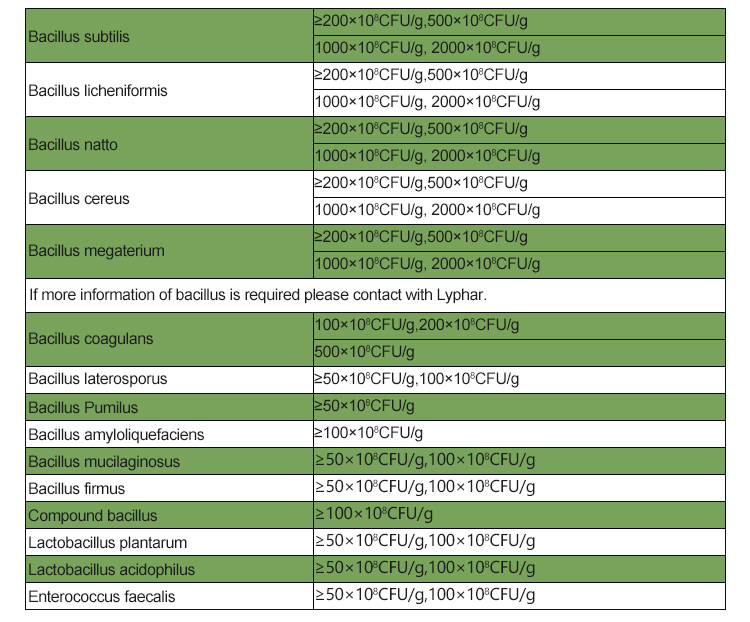Bacillus Megaterium is a gram-positive, rod-shaped bacterium that is commonly found in soil, water, and various other environments. It is considered beneficial and has several functions and advantages in different fields. Some of the main functions and benefits of Bacillus Megaterium include:

Biodegradation: Bacillus Megaterium is known for its ability to degrade a wide range of organic compounds, including pollutants and contaminants. This makes it valuable in bioremediation processes, where it can help to clean up environmental pollution caused by various industrial activities.
Plant growth promotion: Bacillus Megaterium is considered a plant growth-promoting rhizobacterium (PGPR). It forms a symbiotic relationship with plant roots, secretes plant growth hormones (auxins and cytokinins), and helps improve nutrient availability for plants, thereby enhancing plant growth and overall health.
Biofertilizer production: Due to its PGPR properties, Bacillus Megaterium is often used in the production of biofertilizers. These biofertilizers can be applied to agricultural soils to enhance crop productivity and reduce the reliance on chemical fertilizers.

Biotechnology applications: Bacillus Megaterium is used in various biotechnological processes, including the production of enzymes, antibiotics, and other bioactive compounds. Its large size and robust cellular structure make it a suitable host for genetic engineering and protein expression.
Food and feed industries: Some strains of Bacillus Megaterium are utilized in the food and feed industries as probiotics. They can help improve gut health in animals and humans by enhancing digestion and nutrient absorption.
Enzyme production: Bacillus Megaterium produces various enzymes, such as amylases, proteases, and lipases, which have industrial applications in food processing, detergent manufacturing, and biofuel production.
Biocontrol agent: Certain strains of Bacillus Megaterium possess antagonistic activity against plant pathogens. As a biocontrol agent, it can be used to suppress the growth of harmful fungi and bacteria, contributing to disease management in crops.
Biopolymer production: Bacillus Megaterium can produce biopolymers such as polyhydroxyalkanoates (PHA), which have applications in bioplastics and other biodegradable materials.

Overall, Bacillus Megaterium has multifunctional properties that make it a valuable microorganism in various fields, including agriculture, environmental remediation, biotechnology, and food/feed industries. Its ability to promote plant growth, biodegrade pollutants, and produce beneficial compounds makes it a promising candidate for sustainable and eco-friendly applications.
